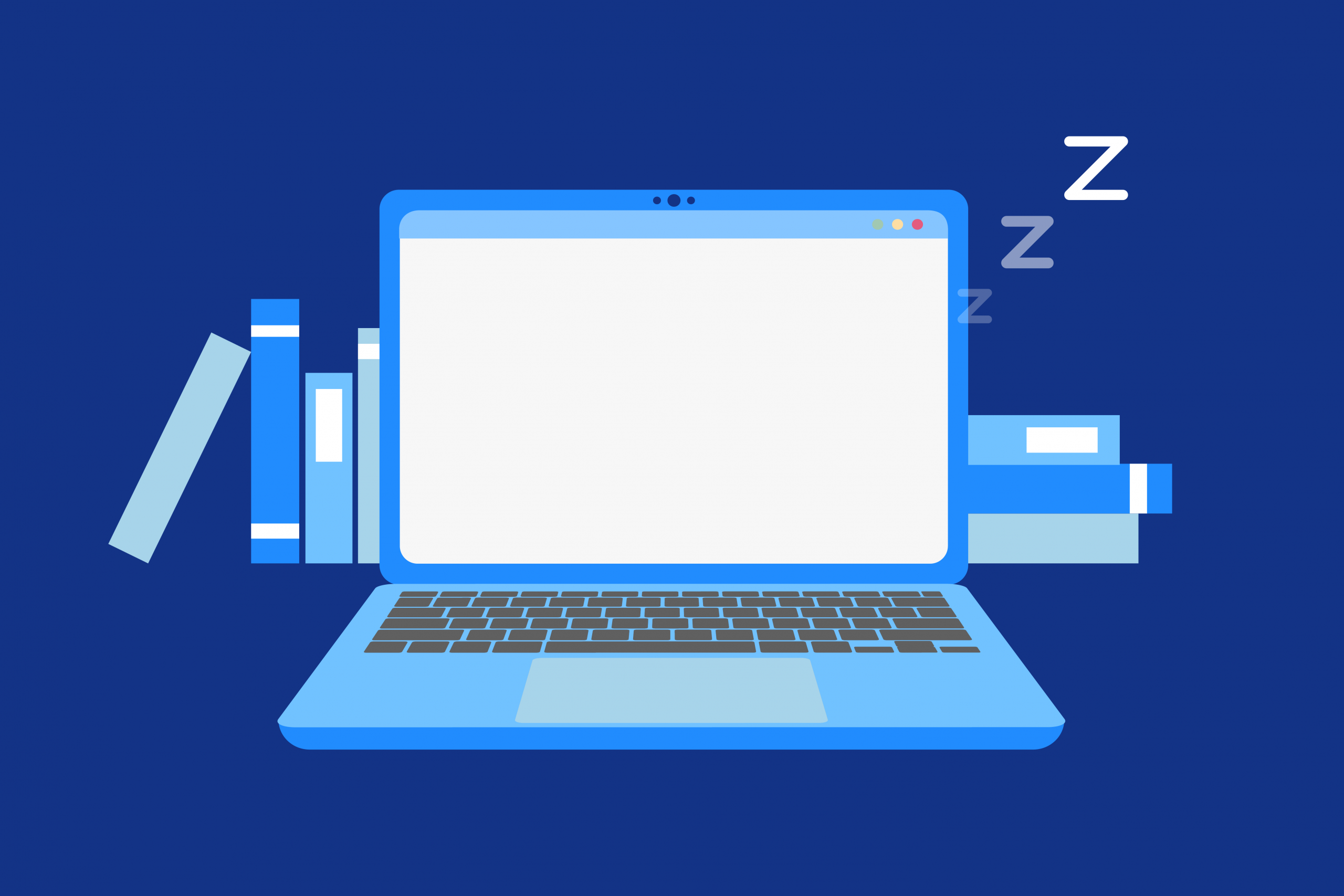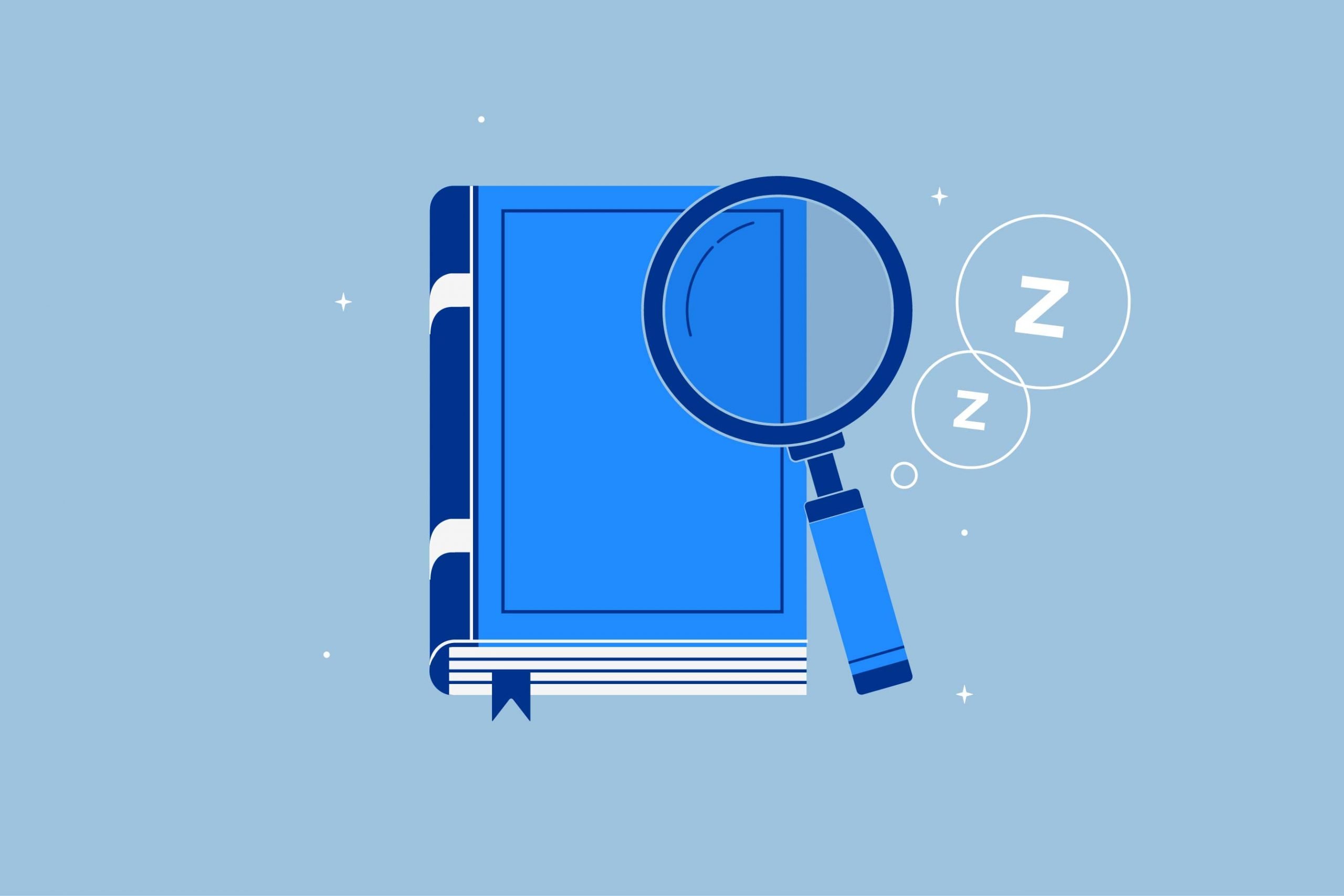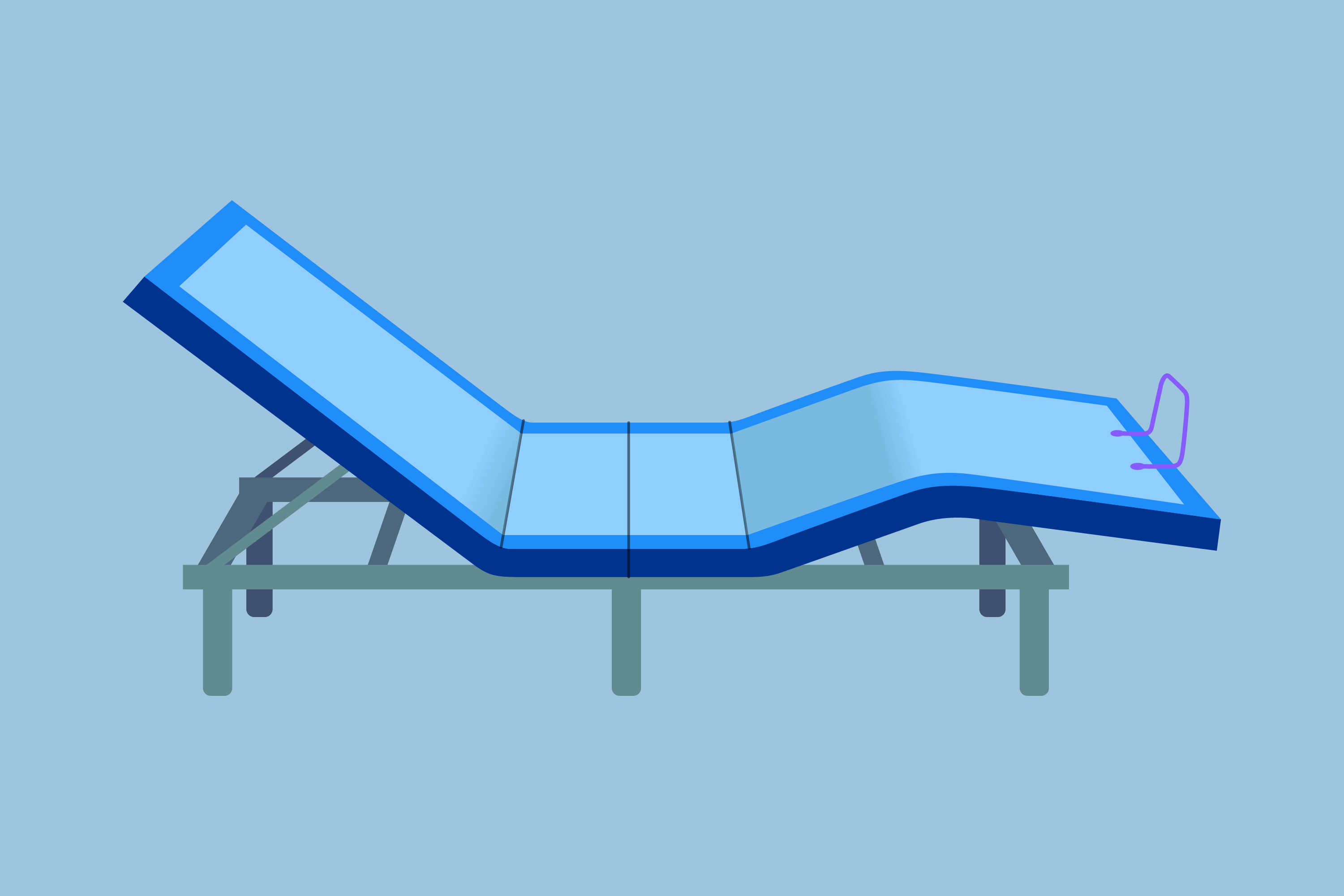For busy college students getting back in the swing of school, sleep is often not a top priority, but there are several good reasons to make it one.
Most college students have likely heard the well-known saying that of “good grades, social life, and sleep, and you can only pick two.” It’s estimated that 60% of college-aged kids are sleep deprived compared to 30% of adults, meaning many students are not choosing sleep!
College students have a lot to juggle, between hours of studying, socializing, and often working. Those taking night classes or going to school online also face similar time crunch conundrums.
It’s not exactly surprising or groundbreaking that young adults aren’t prioritizing sleep, but many cite work stress, school stress, friends, and an environment not conducive to rest as reasons their rest suffers in addition to not having enough time.
With so much to do and so much to balance, it’s not hard to see why things like adequate sleep and healthy eating get pushed aside, but for students, sleep does much more than reduce fatigue – it can actually impact your learning, mind, and even long-term health.
Sleep is Worth Your Time & Here’s Why
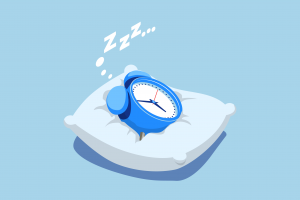 When you’re young and healthy, it’s incredibly easy to dismiss the idea of future effects of sleep deprivation. Particularly if you didn’t follow a good sleep schedule as a teen in high school, it’s easy to develop hard-to-break bad sleep habits.
When you’re young and healthy, it’s incredibly easy to dismiss the idea of future effects of sleep deprivation. Particularly if you didn’t follow a good sleep schedule as a teen in high school, it’s easy to develop hard-to-break bad sleep habits.
But there are many ways a lack of sleep affects you immediately, in ways that can have a significant impact on your grades, safety and even your appearance.
It Helps You Learn & Memorize
 Taking any psychology or biology classes? You’ll likely learn that sleep plays a significant role in how your brain processes and sorts through memories and things you learn during the day.
Taking any psychology or biology classes? You’ll likely learn that sleep plays a significant role in how your brain processes and sorts through memories and things you learn during the day.
It Helps You Stay in Shape
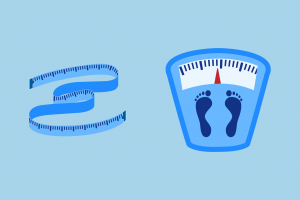 For many students, being fit and looking healthy is important. In addition to getting exercise and eating well, sleep also plays an important part in fitness. Rest is when your muscles recover and grow. A lack of rest affects hormones and other factors in the body that contribute to fat gain.
For many students, being fit and looking healthy is important. In addition to getting exercise and eating well, sleep also plays an important part in fitness. Rest is when your muscles recover and grow. A lack of rest affects hormones and other factors in the body that contribute to fat gain.
One Brigham Young University study found that young women who woke up at consistent times and had an average seven to eight hours of rest were more likely to have healthier body weights than those who maintained inconsistent schedules. Another found that sleep-deprived teens and young adults were more likely to be obese later in life.
It Helps You Look Better
 If you want to look good while socializing, than it might interest you to know that a lack of rest actually changes how people perceive you. You’ve likely seen the effects of an all-nighter on your own face the next day – saggier and dull skin, bloodshot eyes, and dark circles.
If you want to look good while socializing, than it might interest you to know that a lack of rest actually changes how people perceive you. You’ve likely seen the effects of an all-nighter on your own face the next day – saggier and dull skin, bloodshot eyes, and dark circles.
In a Swedish study published in journal SLEEP, Verified Source Wiley Multinational publishing company specializing in academic and instructional materials. SLEEP," class="src-popup-link"> View source observers rated images of sleep-deprived people as less attractive, sadder, less approachable and less healthy compared to when they were well-rested – not exactly the best impression!
It Helps Prevent Illness
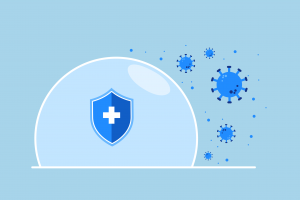 With so much to do every day, the last thing you probably have time for is a pesky cold or other illness. Not getting enough sleep impairs your immune system and makes you more susceptible to bugs.
With so much to do every day, the last thing you probably have time for is a pesky cold or other illness. Not getting enough sleep impairs your immune system and makes you more susceptible to bugs.
According to WebMD, a lack of sleep causes T-cells to decreases and inflammation to increase, making the body less able to respond to and fight illnesses.
It Makes You Safer & Smarter
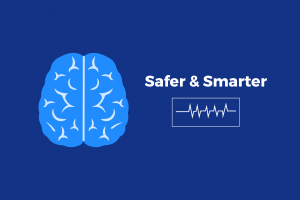 While you rest, your brain clears out waste products and replenishes energy stores. Getting good quality sleep keeps your brain firing on all cylinders, so to speak, and helps you make smarter decisions since you’ve got a quicker reaction time.
While you rest, your brain clears out waste products and replenishes energy stores. Getting good quality sleep keeps your brain firing on all cylinders, so to speak, and helps you make smarter decisions since you’ve got a quicker reaction time.
This is helpful for school and work, and even for more practical and mundane tasks like driving. When you’re sleep-deprived, your brain does not process information as quickly and you cannot react at the same speed.
Drowsy driving is a big deal, playing a role in over 100,000 accidents per year, and the age group most likely to drive drowsy and be involved in accidents related to tiredness are college-aged adults.
It Helps You Feel Better
 A well-rested mind is better equipped to manage and deal with stress (of which there is plenty in school) and it also has mood-boosting benefits.
A well-rested mind is better equipped to manage and deal with stress (of which there is plenty in school) and it also has mood-boosting benefits.
On the other hand, a lack of sleep is associated with difficulty coping with mental and physical stress and is also linked to depression and anxiety as well.
Back to School Sleep Tips for Students
The average university student gets around six to six and a half hours of sleep according to surveys, which is simply not enough for your brain and body to perform optimally. How can you set the stage for better sleep while attending school? Working on getting restful sleep, having better sleep hygiene and minimizing common sleep stealers can help you increase the amount of rest you get.
Aim for Consistency
F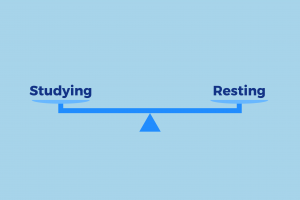 or the most part, it’s smart to try and keep fairly regular sleep and wake times. Try not to vary more than hour or less, even on the weekends. This will help you avoid sleep issues and according to the BYU study, can also help you maintain a healthier weight.
or the most part, it’s smart to try and keep fairly regular sleep and wake times. Try not to vary more than hour or less, even on the weekends. This will help you avoid sleep issues and according to the BYU study, can also help you maintain a healthier weight.
When you are planning your university class schedule and if you plan on working, be sure that you will have enough time in the day to get everything done and still have a reasonable amount of time for studying and resting.
For example, make sure you have regular meals and you’re not eating before bed to avoid acid reflux and heartburn.
Make Your Space Sleep-Safe
 Your environment can make big difference to how well you sleep. The key things to look at are temperature, sound, and light. You want cooler temperatures in the 60 to 70-degree range as they encourage sleep, no disturbing sounds and a room as dark as possible.
Your environment can make big difference to how well you sleep. The key things to look at are temperature, sound, and light. You want cooler temperatures in the 60 to 70-degree range as they encourage sleep, no disturbing sounds and a room as dark as possible.
Sound machines, earbuds with ambient noises or earplugs can help minimize the noise in a shared environment, and light-blocking shades or an eye mask can reduce sleep-stealing light.
Learn Ways to Manage Stress
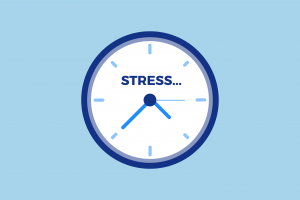 In the University of Alabama study, many cited stress as a leading factor in losing sleep. Campuses usually have a wide range of resources that can help though, such as classes or support faculty that can help you learn how to better manage time or cope with the stress of adjusting to school and new responsibilities.
In the University of Alabama study, many cited stress as a leading factor in losing sleep. Campuses usually have a wide range of resources that can help though, such as classes or support faculty that can help you learn how to better manage time or cope with the stress of adjusting to school and new responsibilities.
Staying on top of schoolwork and not taking more courses than you can handle can help avoid end-of-term pressure, and studies also show that getting regular exercise also helps reduce feelings of stress.
Avoid Cramming & Study Smarter
 There’s a good chance you’ve heard your professors nagging that cramming right before a test is ineffective, but they do have science on their side. What’s particularly ineffective is cramming in a sleep-deprived state, which makes pulling an all-nighter unwise.
There’s a good chance you’ve heard your professors nagging that cramming right before a test is ineffective, but they do have science on their side. What’s particularly ineffective is cramming in a sleep-deprived state, which makes pulling an all-nighter unwise.
The better solution would be to schedule regular study time throughout the semester, but if you are left trying to cram a lot of information, it’s still important not to eat into sleep time, as this has clear and documented effects on test performance.
The State University of New York says that scientifically, the best way to cram for a test is to study in 20-50 minute bursts with short breaks to improve retention, eat a balanced diet the week before exams and don’t skip breakfast, switch up where you study, and no matter what, don’t pull an all-nighter.
The findings of multiple studies also suggest your mind is more receptive to learning after a nap, especially after you’ve been awake all day, so it could also be helpful to work a quick afternoon snooze in before a long study session.
Keep Naps Short
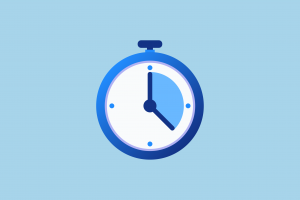 When you do nap, it is ideal to keep them short. Less than 20 minutes is considered ideal for improving alertness and boosting your brain, while longer naps could give you sleep inertia or throw off nighttime patterns.
When you do nap, it is ideal to keep them short. Less than 20 minutes is considered ideal for improving alertness and boosting your brain, while longer naps could give you sleep inertia or throw off nighttime patterns.
Although it’s cliché, college is a time for learning to be a responsible adult, and part of this is balancing responsibilities, fun and less exciting things like sleep and nutrition.
Sleep Better with Amerisleep
Quick Guide: A 30-Second Summary
| Best Mattress for Students Overall | Amerisleep AS3 |
| Best Soft Mattress for Students | Amerisleep AS5 Hybrid |
| Best Natural Mattress for Students | Amerisleep Organica |
Types of Mattresses to Consider
When it comes to improving sleep, college students should carefully consider the type of mattress they choose. Here’s a brief overview of the four main types of mattresses and how they may benefit college students.
Memory Foam Mattresses
Memory foam mattresses are known for their contouring properties, providing excellent pressure relief and support. For college students, these mattresses can be beneficial in alleviating back pain and reducing the impact of motion transfer, ideal for shared dorm rooms or apartments.
Memory foam also tends to absorb noise, promoting a quieter sleep environment. This is great for college students sharing a large dorm room or studio apartment.
Latex Mattresses
Latex mattresses are naturally responsive and offer a bouncy yet supportive feel. They provide excellent spinal alignment and have good breathability, allowing for temperature regulation during sleep. Latex mattresses are also known for their durability, making them a long-lasting investment for college students who may be moving frequently.
Innerspring Mattresses
Innerspring mattresses are constructed with a network of steel coils that provide support and help maintain proper spinal alignment. These mattresses offer a firm and responsive feel, making them suitable for students who prefer a more traditional and bouncy sleep surface. Traditional innerspring mattresses also tend to have good airflow, keeping students cool during sleep.
Hybrid Mattresses
Hybrid mattresses combine the benefits of memory foam or latex with the support of innerspring coils. They often have a top comfort layer of foam or latex and a supportive coil system beneath. Hybrid mattresses offer a balance of contouring, responsiveness, and support, making them a versatile choice for college students seeking a combination of comfort and durability.
The Bottom Line
No one expects college students to go to bed by 10 PM every night or never scrimp on sleep. But, making a conscious effort to give rest greater priority and knowing how to make the most of the time you do have to sleep can help you do better at school and stay healthy, paying off both immediately and for the long-term.
Do you have sleep tips or tricks to share with college students? Does your college student value what sleep can do for them? Let us know below or on social media!
About the author
Rosie Osmun, a Certified Sleep Science Coach, brings a wealth of knowledge and expertise to the health and wellness industry. With a degree in Political Science and Government from Arizona State University College of Liberal Arts and Sciences, Rosie's academic achievements provide a solid foundation for her work in sleep and wellness. With over 13 years of experience in the beauty, health, sleep, and wellness industries, Rosie has developed a comprehensive understanding of the science of sleep and its influence on overall health and wellbeing. Her commitment to enhancing sleep quality is reflected in her practical, evidence-based advice and tips. As a regular contributor to the Amerisleep blog, Rosie specializes in reducing back pain while sleeping, optimizing dinners for better sleep, and improving productivity in the mornings. Her articles showcase her fascination with the science of sleep and her dedication to researching and writing about beds. Rosie's contributions to a variety of publications, including Forbes, Bustle, and Healthline, as well as her regular contributions to the Amerisleep blog, underscore her authority in her field. These platforms, recognizing her expertise, rely on her to provide accurate and pertinent information to their readers. Additionally, Rosie's work has been featured in reputable publications like Byrdie, Lifehacker, Men's Journal, EatingWell, and Medical Daily, further solidifying her expertise in the field.
View all posts